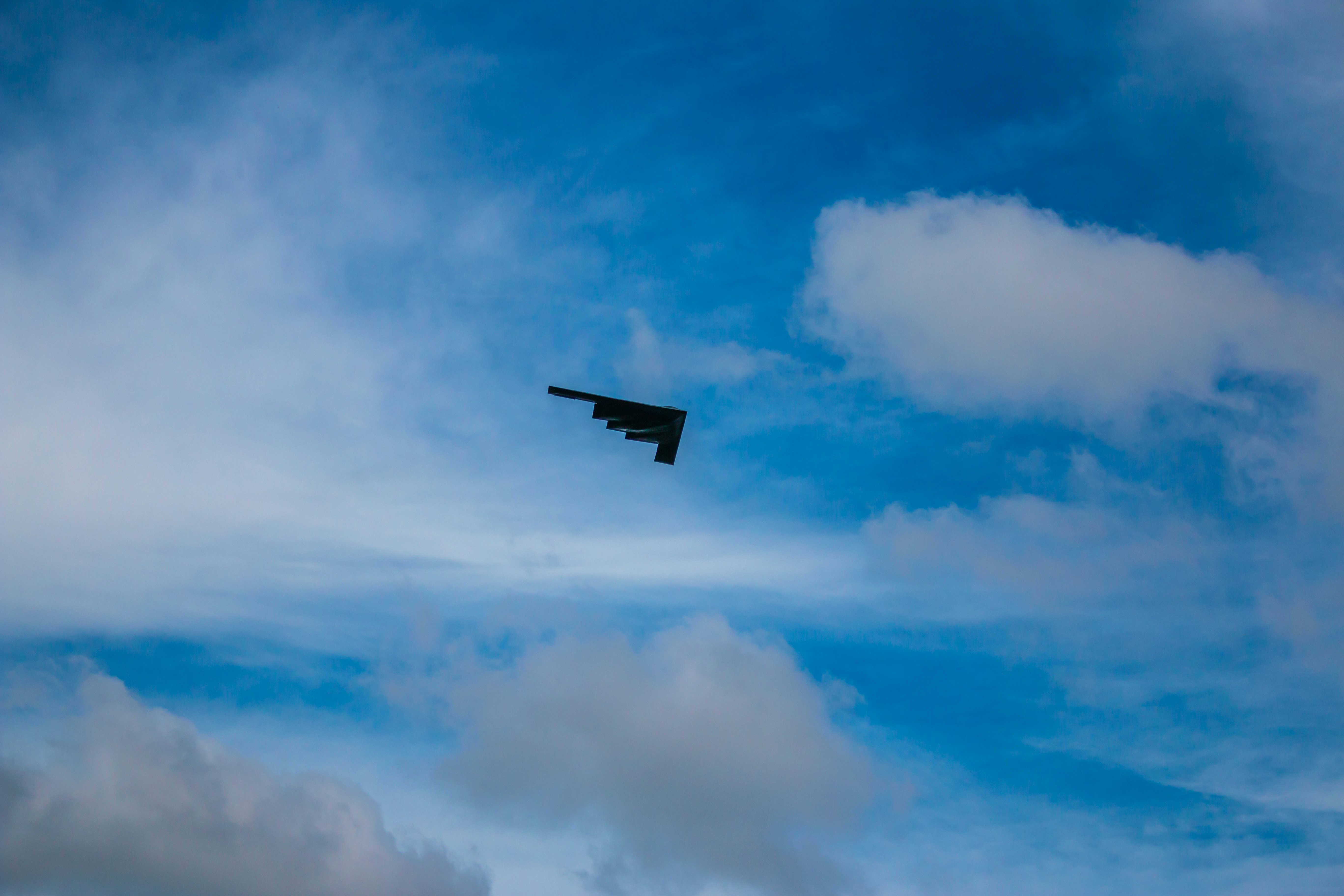
Image - Dylan McLeod
This article was originally published on Jul 2, 2025.
On the 22nd of June 2025 the US struck 3 nuclear sites in Iran in response to the Iran-Israel conflict and the fears that Iran was developing a nuclear weapon. The attack of course has huge implications for the Middle East, but it also has equally worrying repercussions for the wider world. The US’s bombing of Iran represents a clear breech of international law, yet the reaction has been painfully muted. Donald Trump has created a tear in the very fabric of the international system that threatens to grow ever wider.
Nobody reasonable could argue against the importance of international law. While not always successful at preventing tragedy, these laws drastically limit the amount of conflict and suffering around the world. Yet this attack has led to the importance of these laws being disregarded. Under international law, a country can only attack another on 2 conditions: if the UN security council were consulted, or if the attack is permitted under Article 51 of the UN charter. In a shock to no one, Trump didn’t consult the council, likely realising that they would not have permitted his strike. Moreover, the conditions for attacking another country in self-defence, laid out by Article 51, are not applicable. While there have been proxy attacks by Iran against the US, the scale and nature of those attacks do not merit the intensity of America’s strikes. Anticipatory self-defence can at times be permitted, but only when an attack is clearly imminent, and the IAEA have said that Iran was not yet capable of a nuclear strike. Even Trump himself seems aware of this, as his statement regarding the strikes made no direct reference to the Iranians having nuclear weapons. The only other way that self-defence is applicable is if it was collective self-defence in alliance with Israel, however Israel itself was not justified in the initial strike against Iran on the 13th of June for the same reasons that America come up against. International law is clear, therefore, on the illegality of Trump’s strikes on Iran. One would think that this would prompt international outrage, or at least some sort of reprimand. Think again.
Despite the clear illegality of Trump’s actions, hardly anyone is raising an eyebrow. The secretary general of NATO and former Prime Minister of the Netherlands, Mark Rutte, not only claimed that the strikes were legal but, in a charm offensive at the NATO summit, praised the US for being ‘extremely effective’. With Trump distancing himself from NATO since his inauguration, it appears that Rutte will allow anything if it means NATO keep hold of their most powerful ally. It’s also worth noting that Trump didn’t consult NATO before the strike, nor did he consult any European leaders. Prior to the events of the 22nd, Keir Starmer had stated that he did not believe a US strike was imminent, despite the supposed “special relationship” between the US and the UK. Moreover, the calls for de-escalation from Starmer and other European leaders were clearly not headed by Trump. Yet, despite being ignored and uninformed, Starmer, first alone and then alongside Emmanuel Macron and Friedrich Merz, has issued statements that, while not actively endorsing the strikes, refuse to criticize them. The risks of opposing Trump supposedly outweigh the risks of allowing a clear breech of international law. One of the lone voices speaking out against the strikes is UN secretary general António Guterres, who called the bombings “a dangerous escalation in a region already on the edge – and a direct threat to international peace and security.” However, Trump’s readiness to disobey the UN charter and not consult the security council has demonstrated the growing marginalisation of the UN, and Guterres’ words are garnering almost no media attention. Despite his condemnation, the rest of the world are far too happy to simply roll over and let Trump do as he pleases, since they are terrified of what might happen if they don’t.
So, what happens now? In allowing Trump’s actions to go unpunished, the international community are allowing a dangerous precedent to be set. If American can pre-emptively attack Iran without clear just cause, what is to stop Russia or China or North Korea from doing the same to another so-called enemy state? And, more broadly, what is to stop the rest of the world from simply disregarding international law altogether? Furthermore, if leaders keep allowing Trump to push boundaries and get away with rule-breaking, then how far will these boundaries be pushed? If the world fails to respond to what is happening currently, then who knows what will happen next. For any sense of order and normalcy to be retained, international organisations and world leaders need to have the bravery to speak out and defend the laws that protect people. If they don’t, then the future becomes very uncertain indeed.
Rosie is a second year Politics and International Relations student at the University of Manchester. She's on the committee for the UoM politics society, and is interested in justice, the far-right and climate. Outside of politics I enjoy singing, reading, baking and travelling whenever I can.